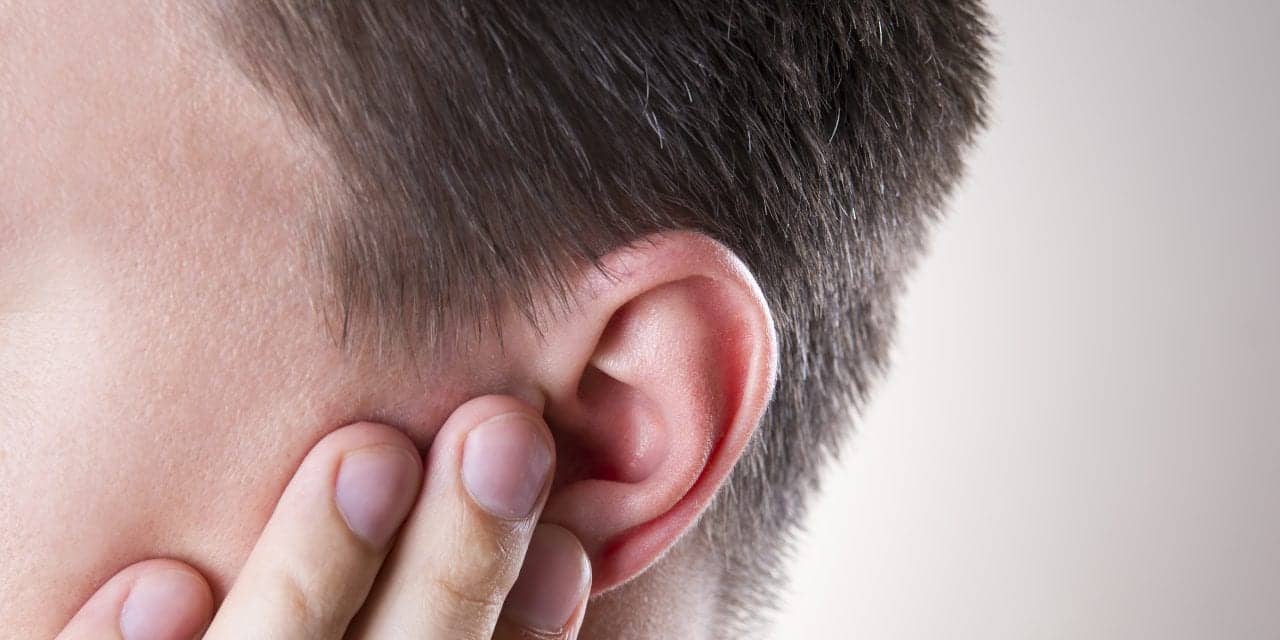A soon-to-be published study of 128 patients with tinnitus found that those with a normal hearing threshold had significantly higher speech reception thresholds (SRT) than a control group of patients with normal hearing and no tinnitus. A summary of the study appears on the journal Speech Communication‘s publisher, Science Direct’s, website.
Participants in the study, patients of the Poland-based Laryngological Centre of Rehabilitation, Medical University in Poznań, ranged in age from 31-84; the control group of subjects with normal hearing (10) were between ages 24-50. SRT was measured utilizing The Polish Sentence Test (PST) in the main experiment, with a background of “babble-noise reflecting the averaged spectrum of Polish speech.”
As stated above, those with tinnitus and normal hearing threshold had, on average, higher SRTs of about 3 dB than the control group when speech was presented with a babble-noise background. According to researchers, a “significant effect of tinnitus located in the medium- and high-frequency band on the increase of SRT was noted in normally hearing patients and also in patients with mild hearing loss.” They conclude that a higher degree of hearing loss the factor determining the “deterioration of speech intelligibility” is the hearing loss (moderate and severe), not tinnitus.
To read the summary in its entirety, please click here.
Original Paper: Niewiarowicz M, Wicher A, Sek A, Gorecki T. Speech intelligibility deterioration for normal hearing and hearing impaired patients with different types of tinnitus. Speech Communication. 2022. In-press. DOI: https://doi.org/10.1016/j.specom.2022.03.003.
Source: Speech Communication






